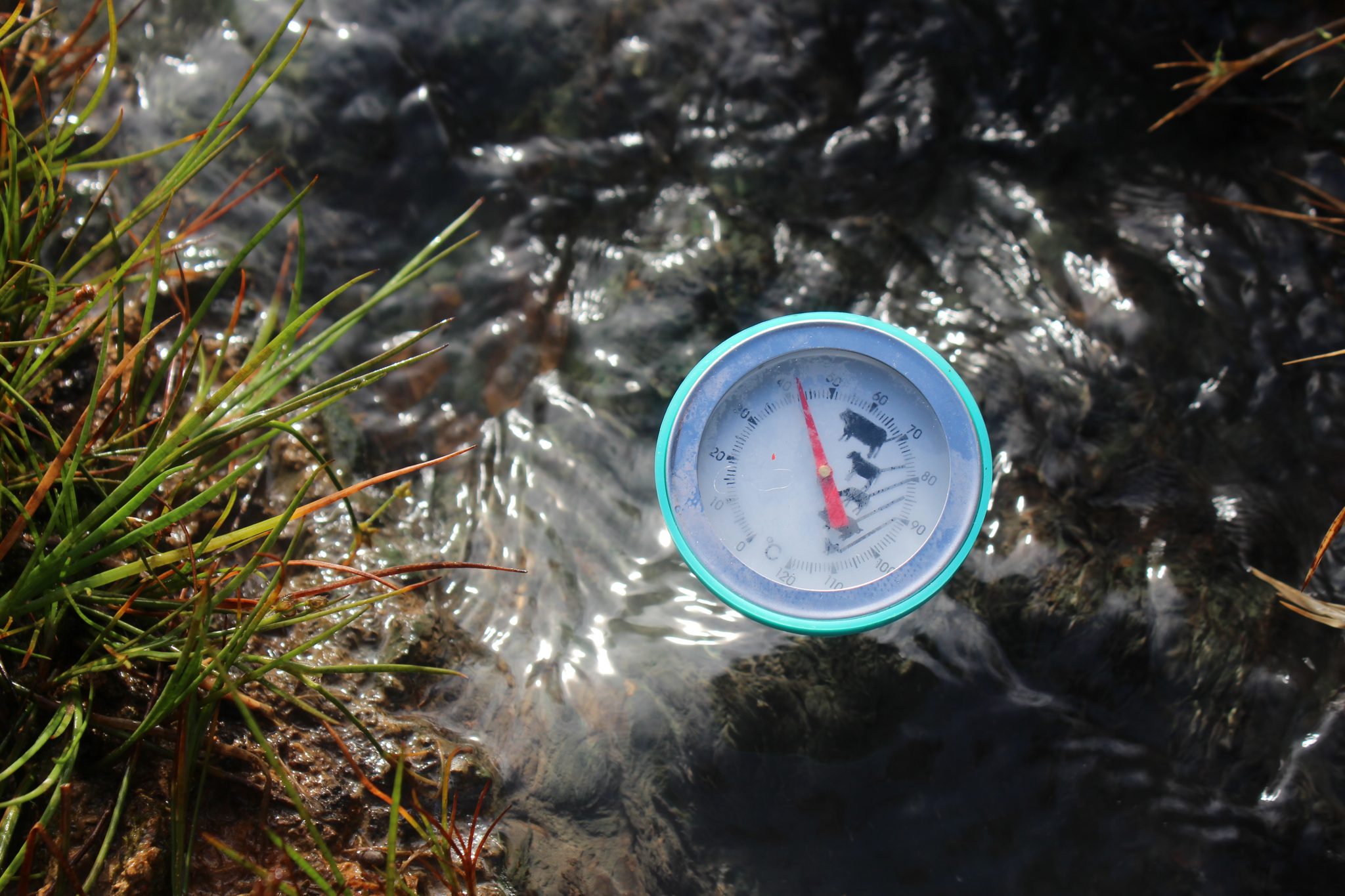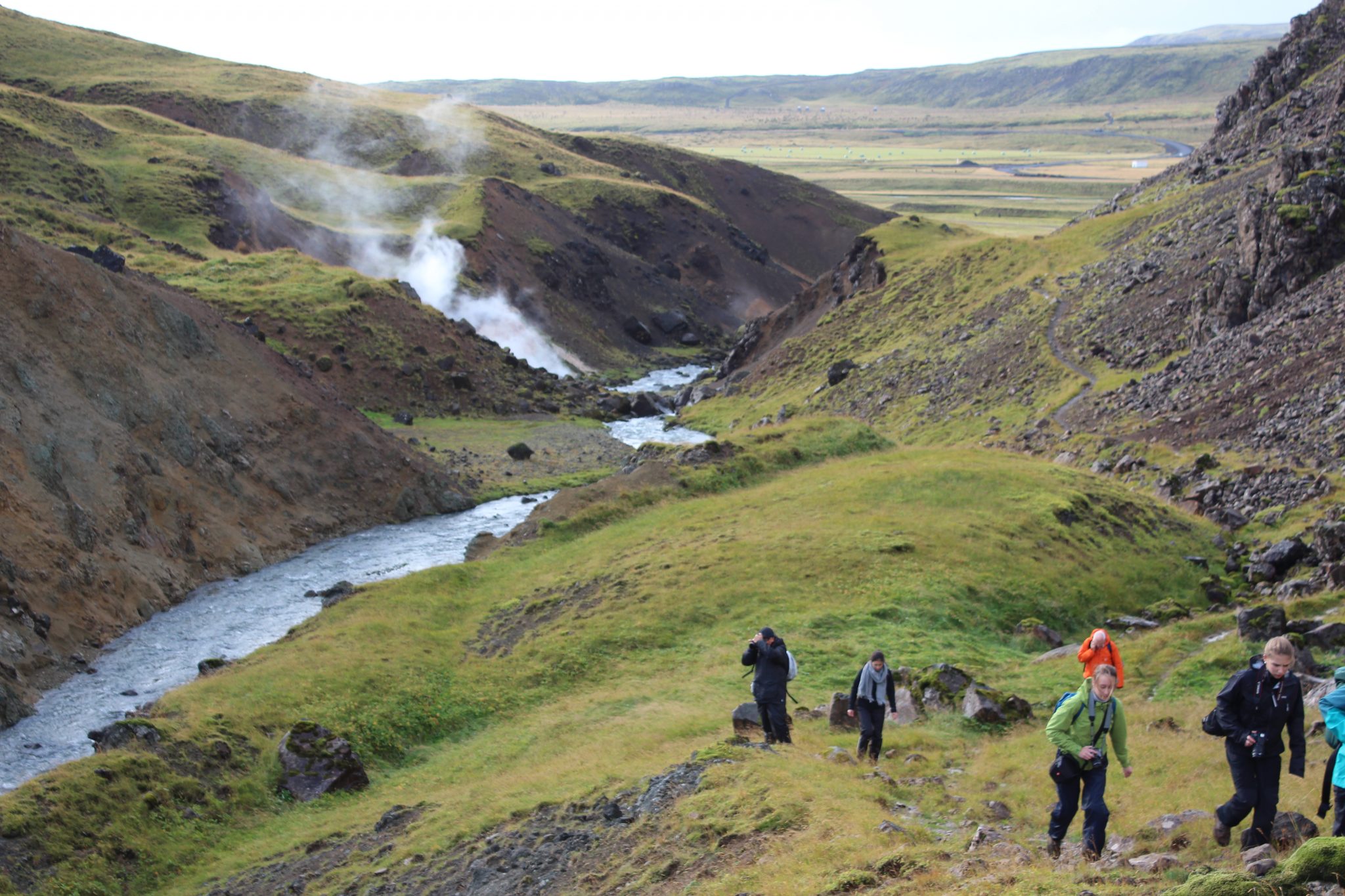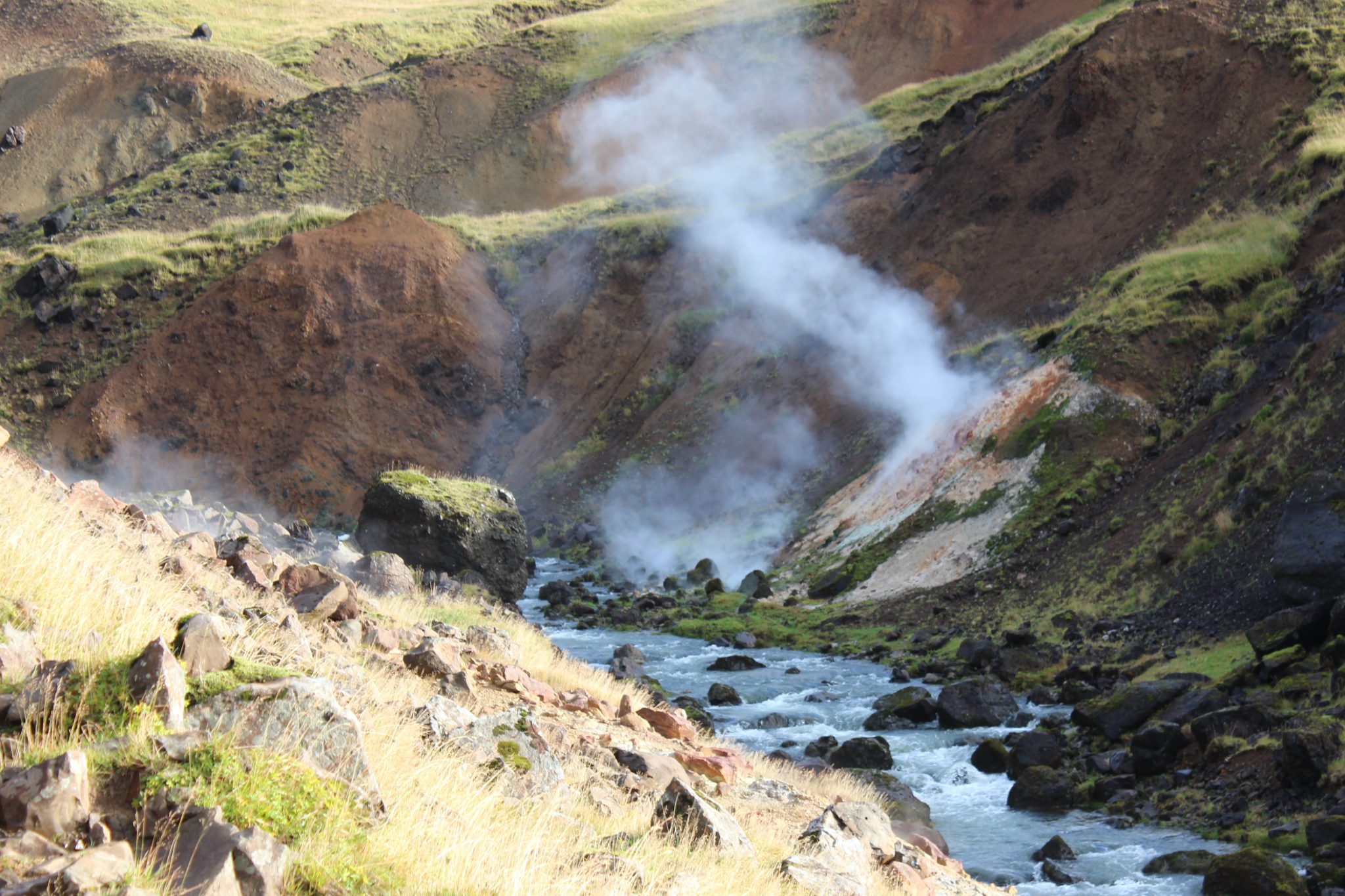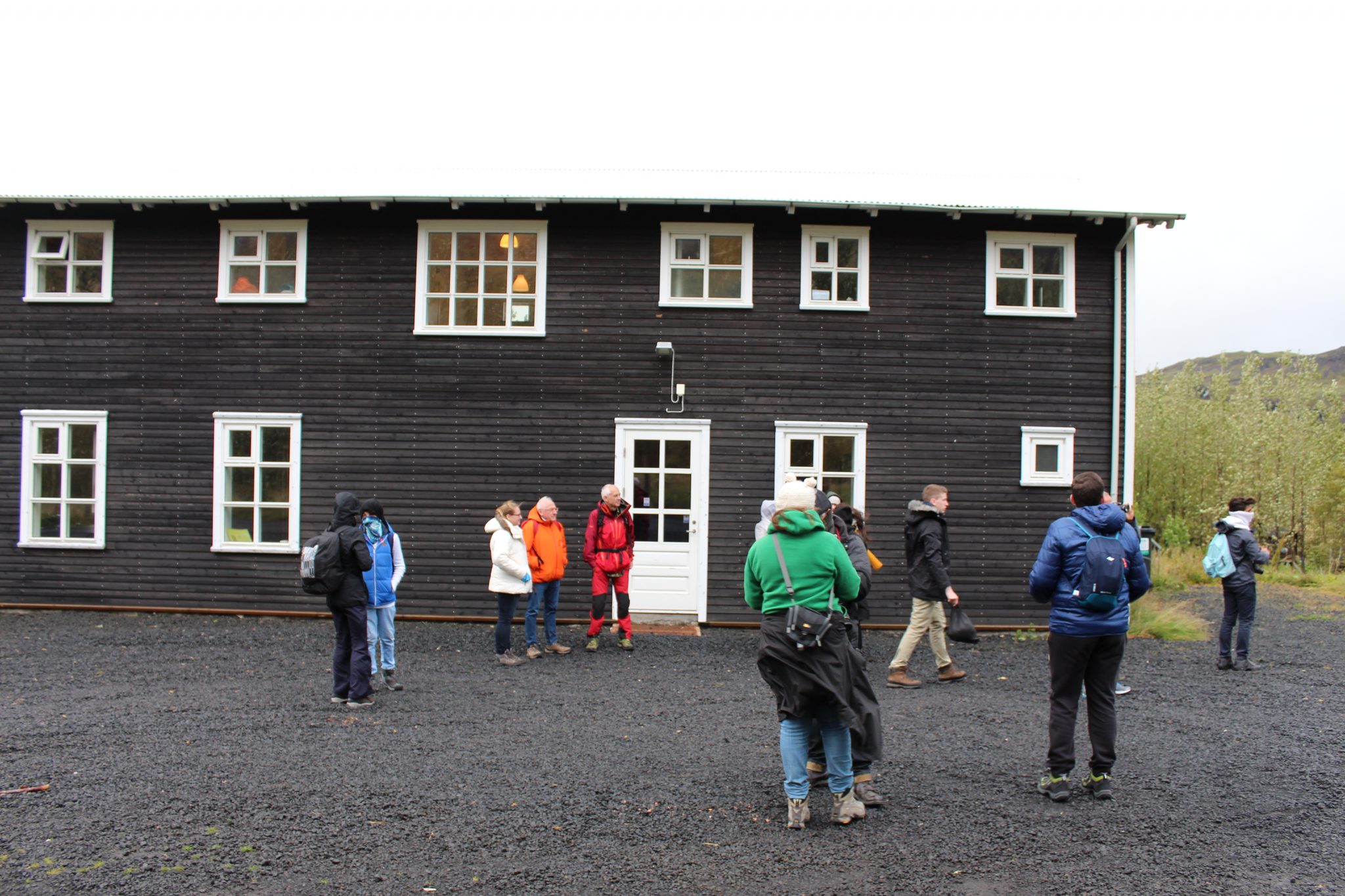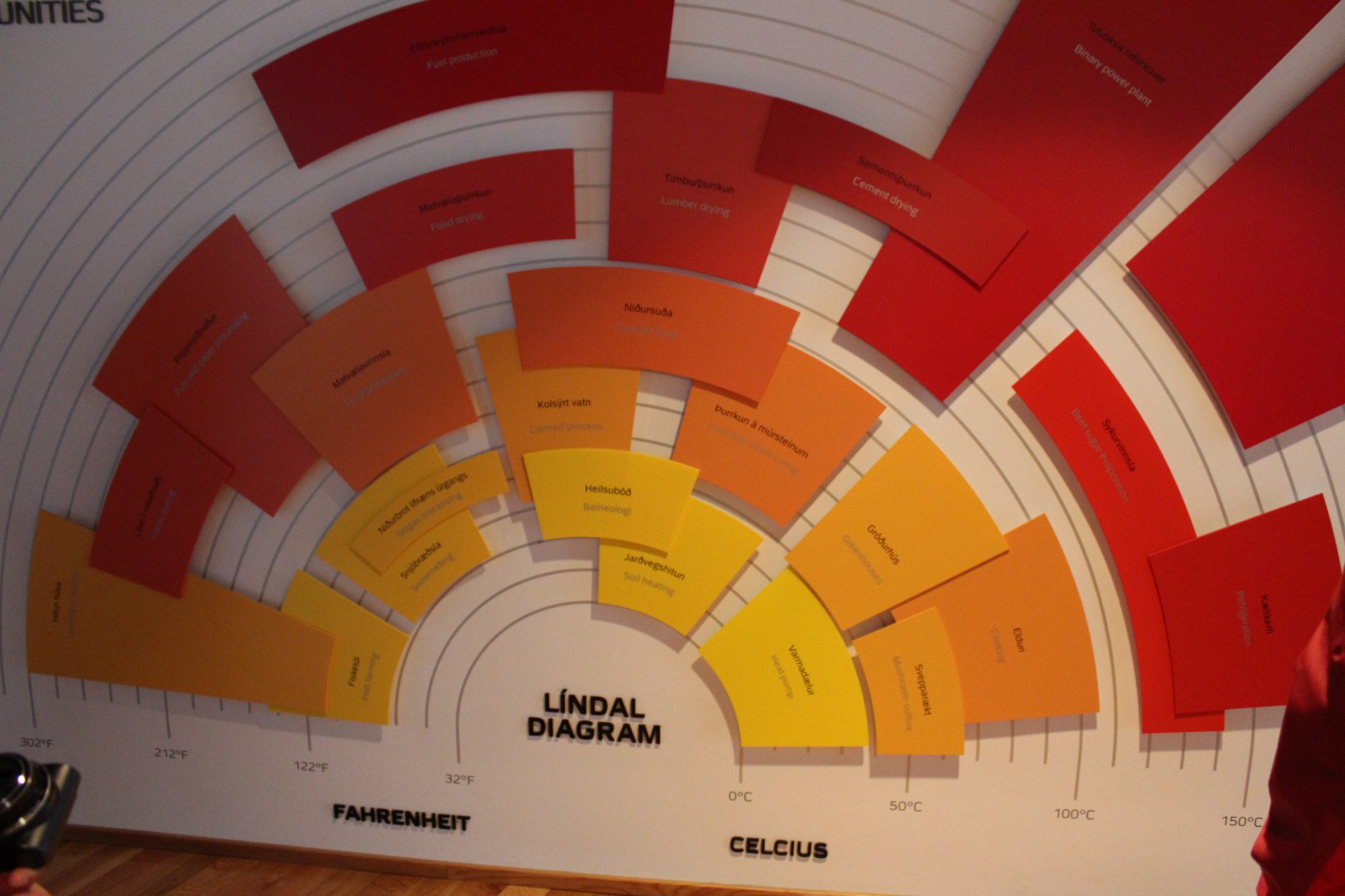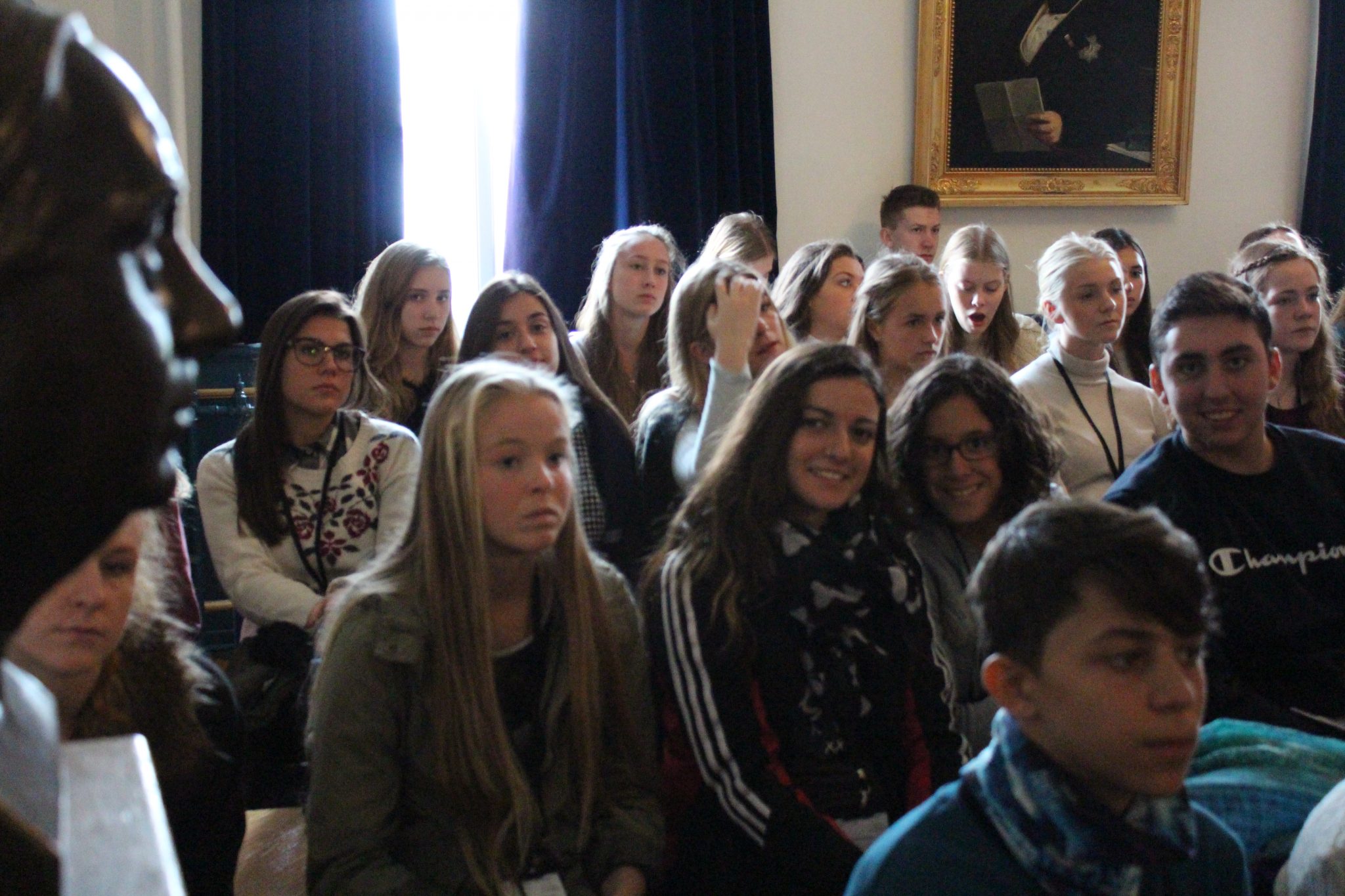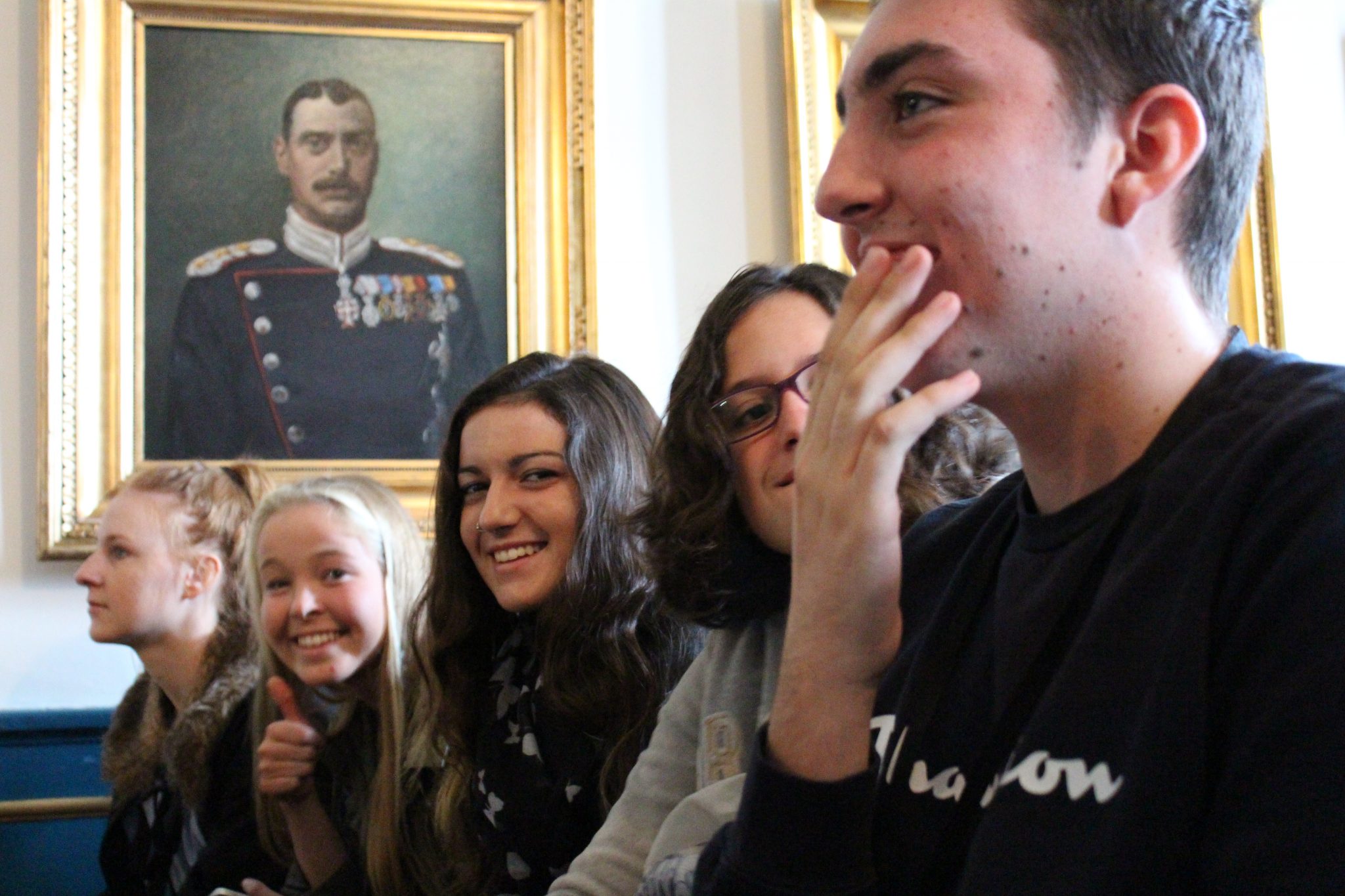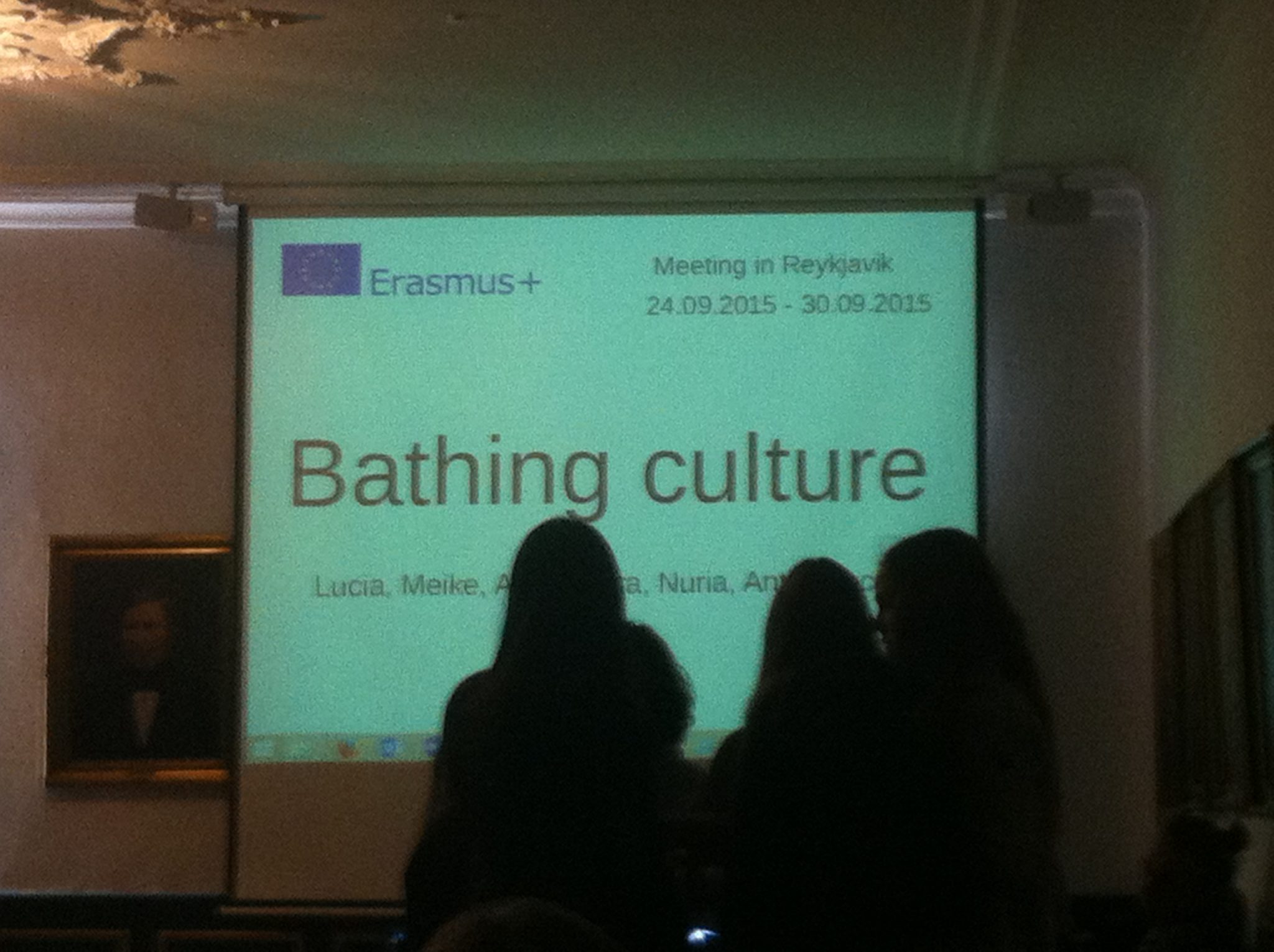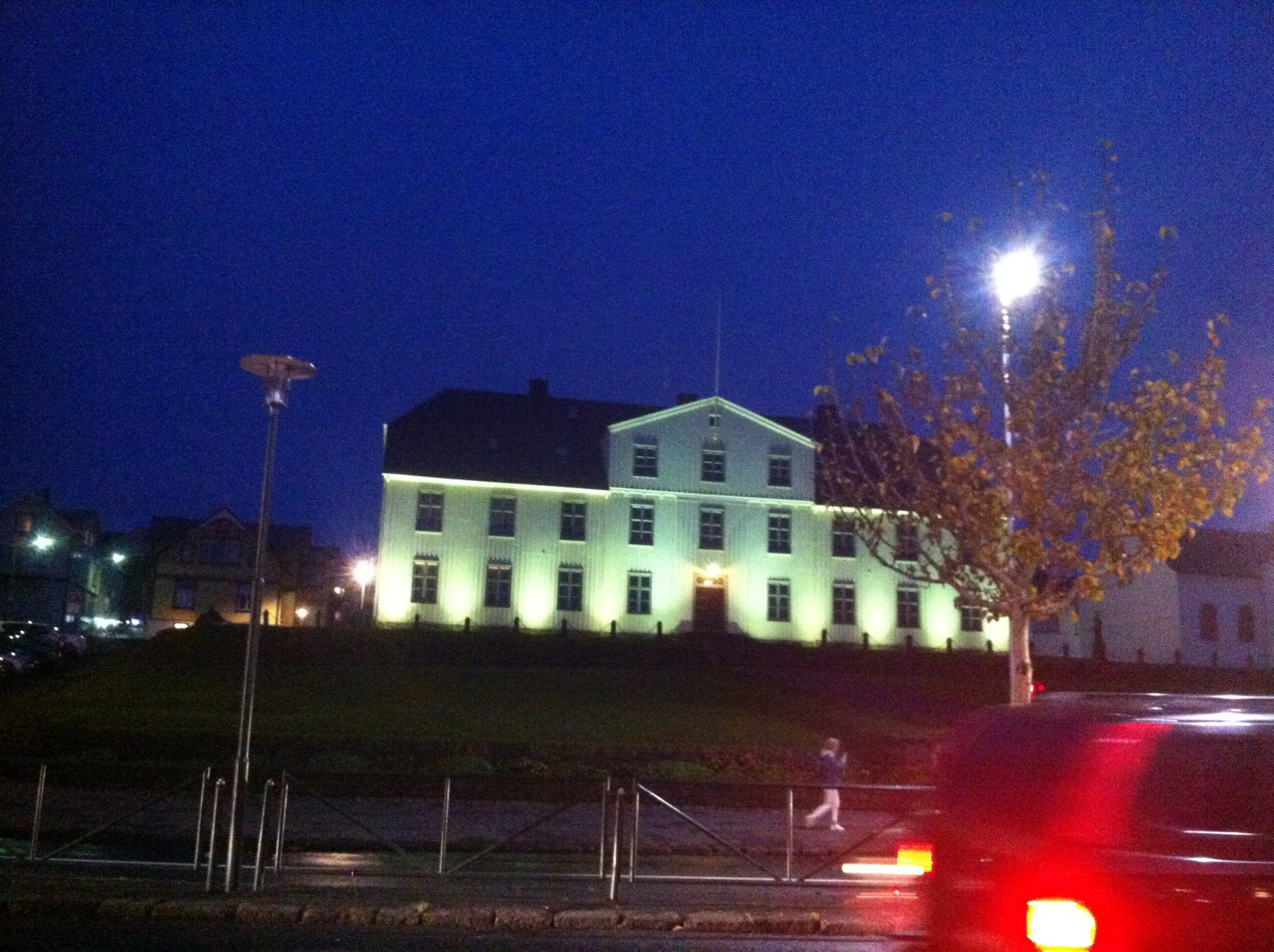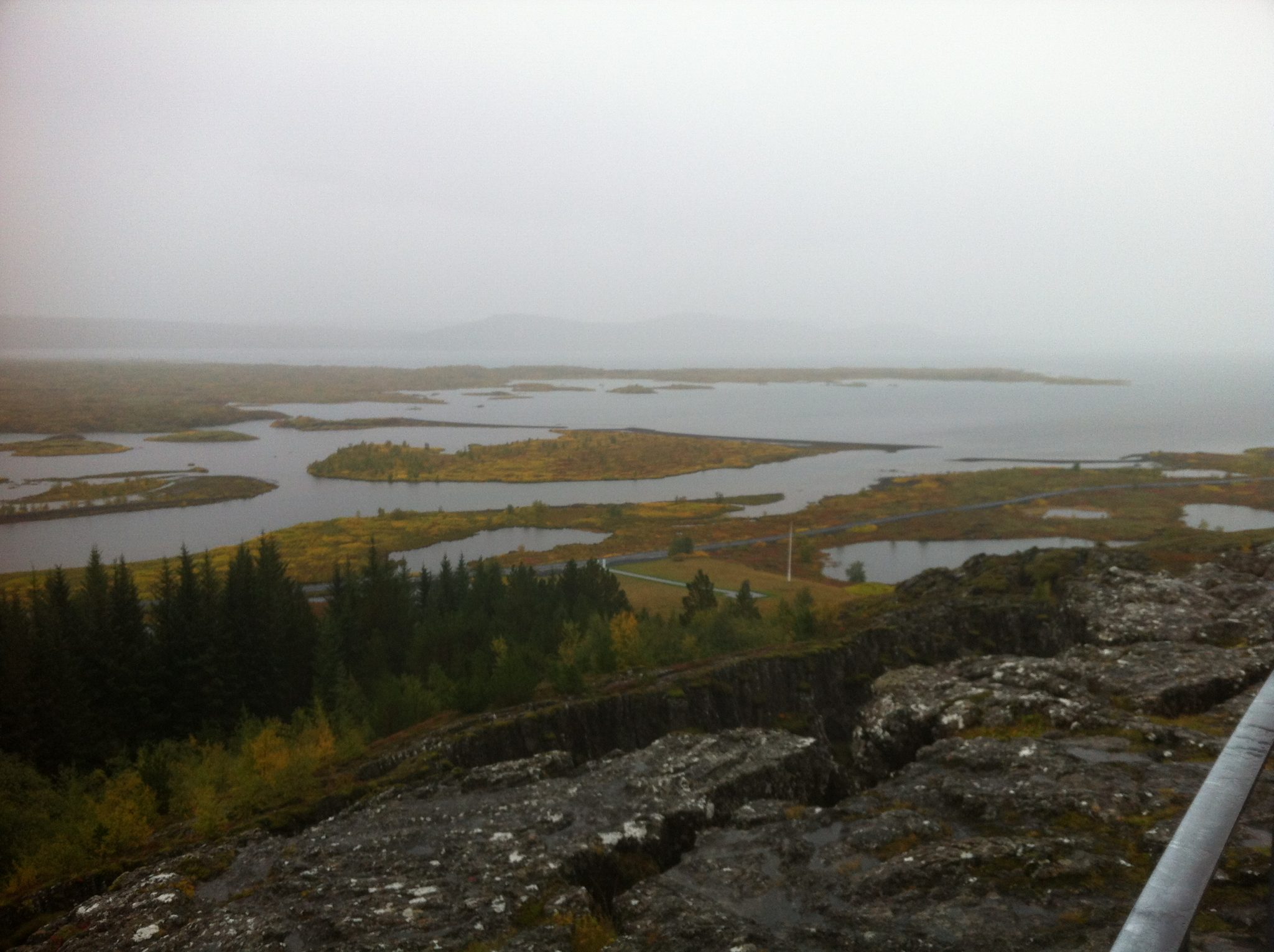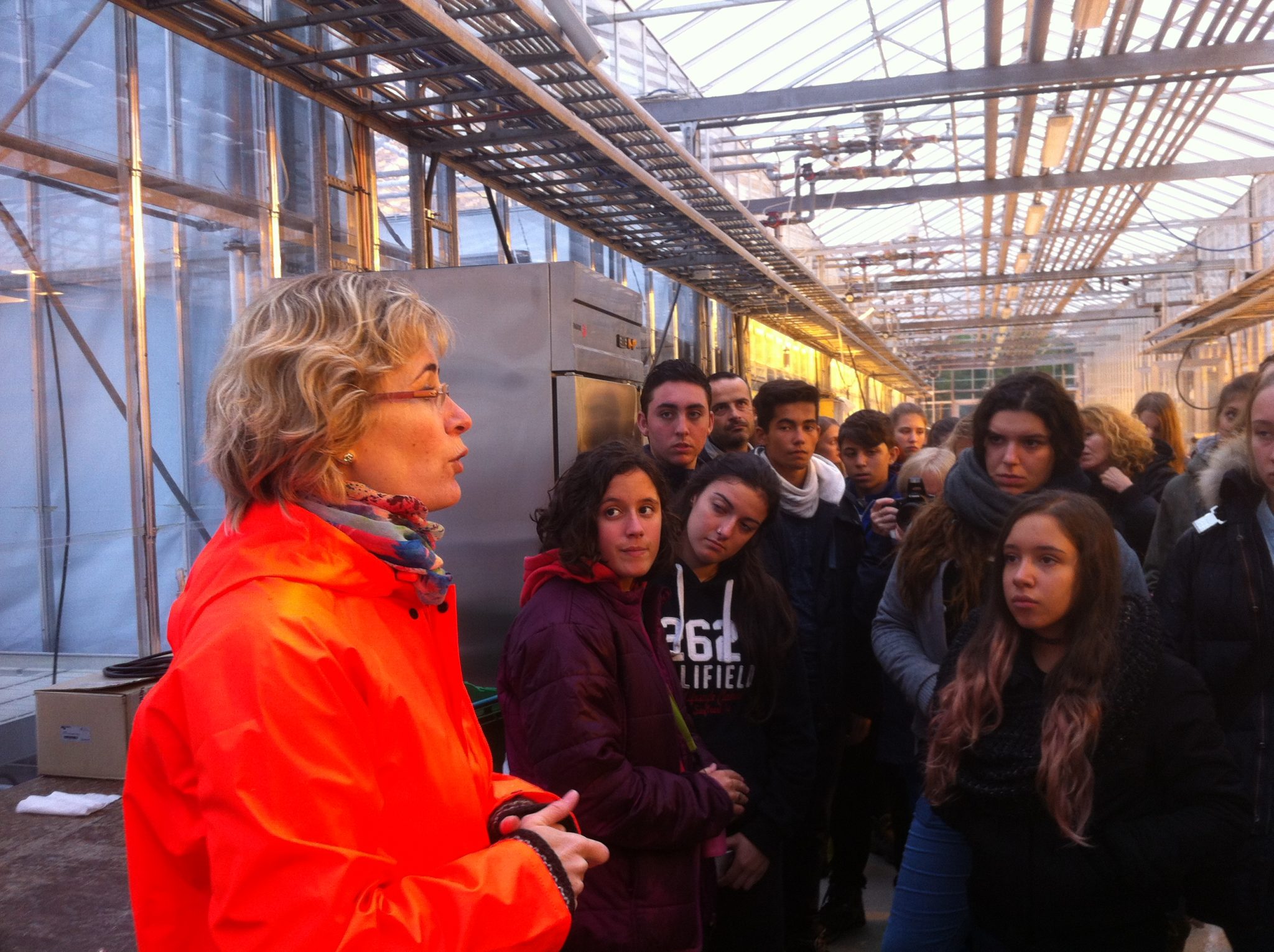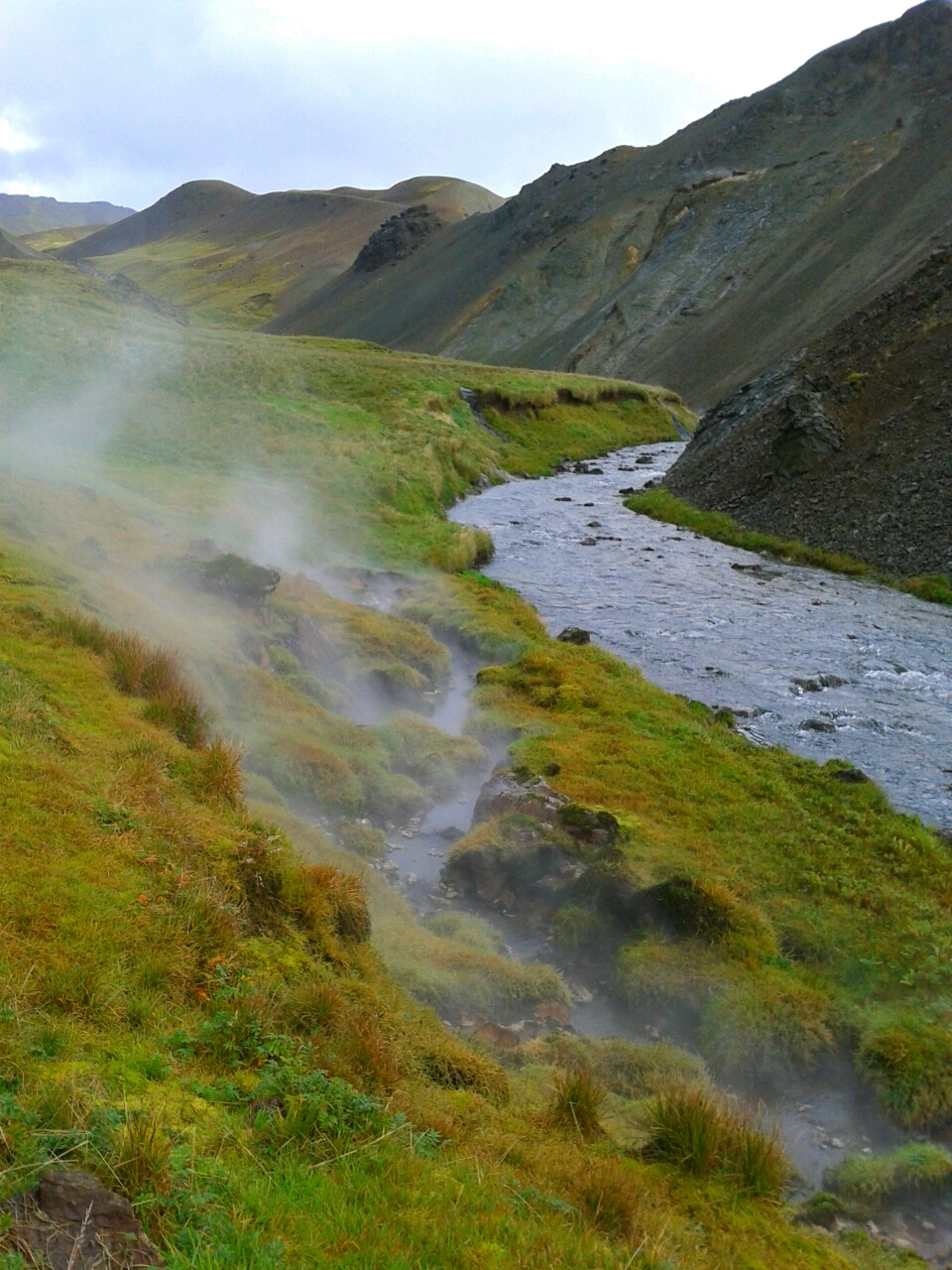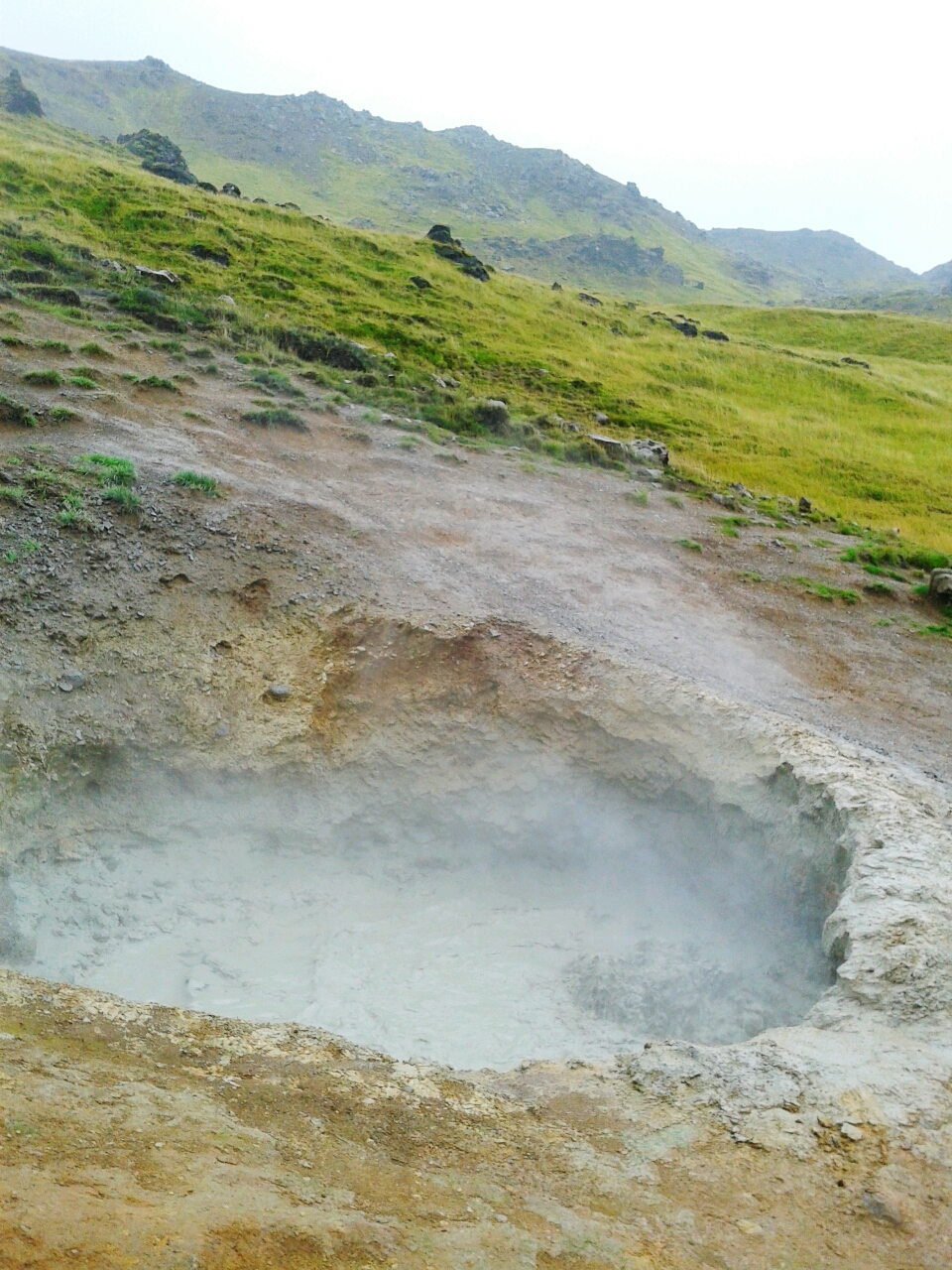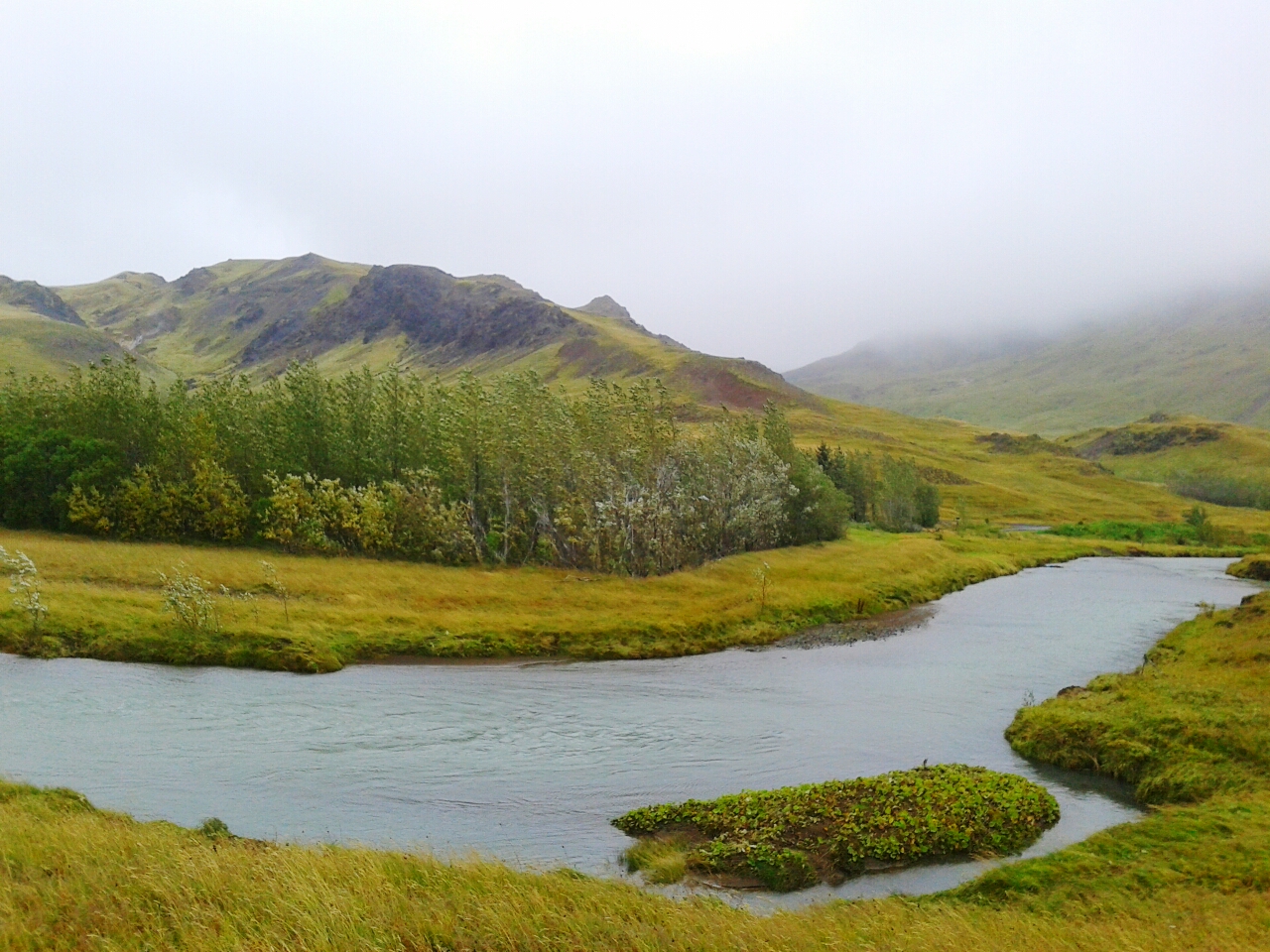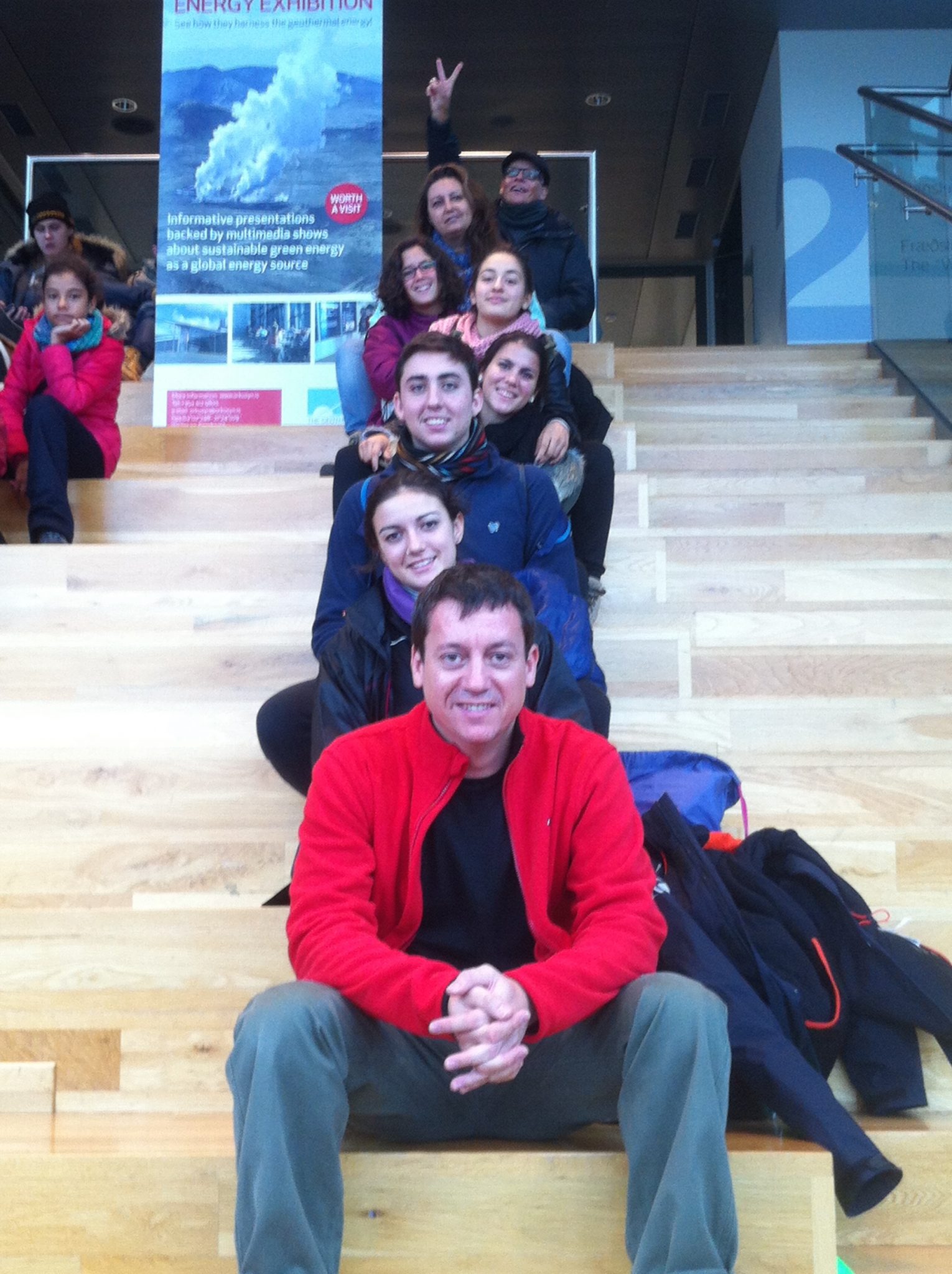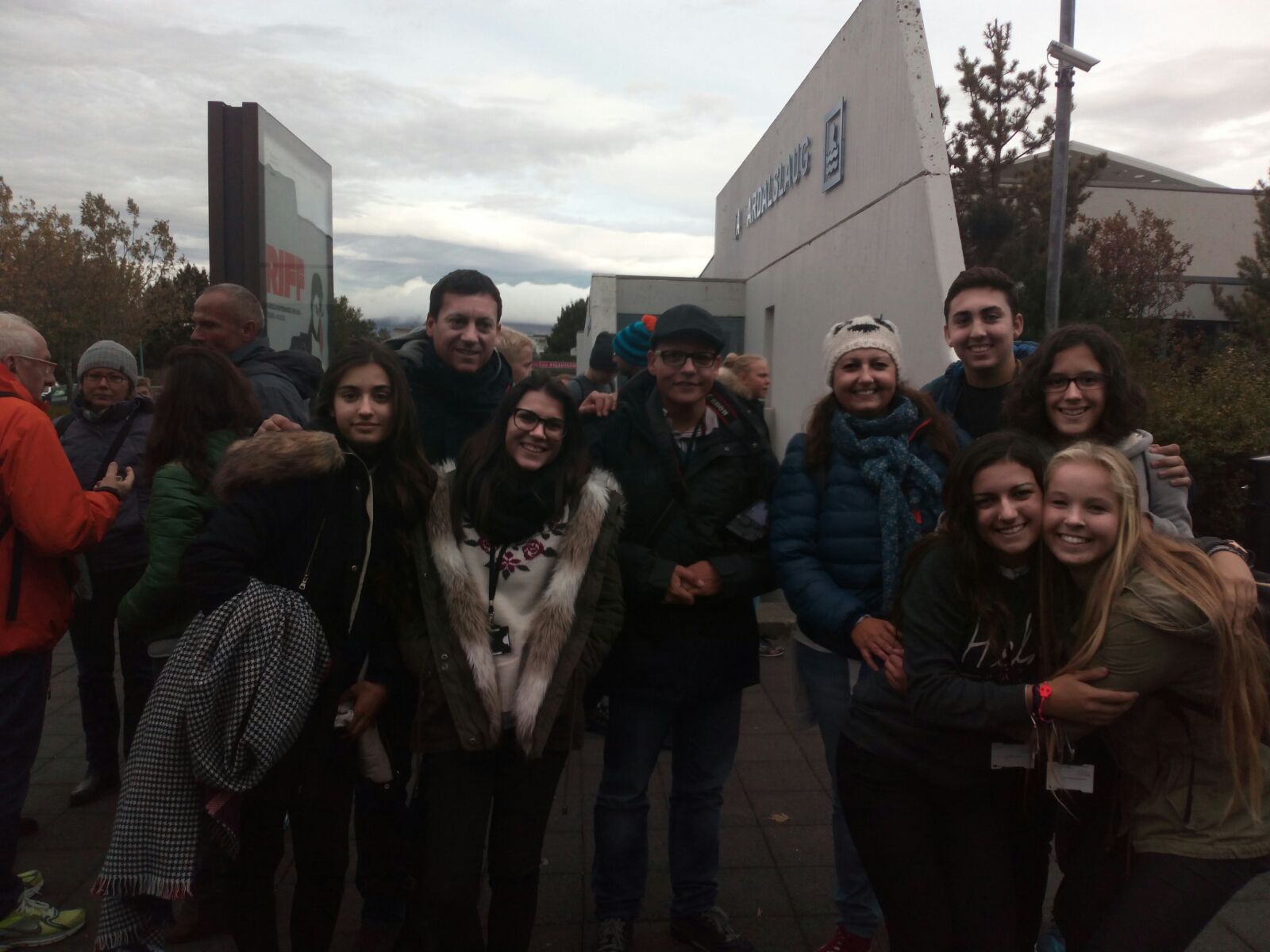WET: Water, a European Task in a global context» (2014-2017)


OUR PROJECT (information provided in TwinSpace)
In our project, we are guided by the priorities: Smart, Sustainable and Inclusive growth, as well as to the core and key objectives. Resource conservation, social integration and industrial policy for the globalization era, Innovation Union, Youth on the move, as well as skills for employment opportunities.
Objectives
The theme of «water» and their aspects are not limited to one country or a region, not only to Europe but are of global significance and represent a challenge for all, because we are globally connected and the consequences, whether human, economically or socially, to experience for all and we are all responsible for our earth, our world heritage. Water is the basis of life to the basic resources that each have to stand and access is declared as a human right. Water knows no national boundaries, but the law already. Thus, only 1.2 billion people have access to clean drinking water, especially in refugee regions (eg Gaziantep, Syria conflict), resulting in precarious conditions. For this problem there are no international solutions. We as a school group are also unable to develop international solutions, but rather to raise awareness of our handling of water resources and the resources generally, to motivate students in a reflected and globally responsible approach.
We want the students to implement concrete and practical improvements both in their daily lives as well as in school (eg How can you reduce water consumption in the school. Reduction of throughput rate at taps in the toilets, installing a school cistern). The cooperation with the engineers without borders entails in this context further potential for innovation, in humanitarian terms, eg if is thought to the development and use of drinking water purifying straws in the refugee area on the Syrian border. In addition, this collaboration gives insight into possible scientific professions. The students make during the project experiences that facilitate the promotion of social cohesion, social justice and creativity in the form of key skills, the career choices and increase job opportunities.
Expected results
The innovative character of the project can be generally described as follows and concrete reference to the downstream project aspect:
Use of open and flexible learning concepts (open and flexible learning processes that promote the individuality of students and ask.
Workshops for off-curricular competencies (film cutting techniques, presentation skills)
Cooperation with suppliers of educational measures and regional authorities (eg sewage treatment plants, water treatment plants, power plants), parties, representatives of the EP’s (eg vocational guidance, college.)
Familiarization of learning and teaching methods, and educational approaches to teaching of key competencies and skills through collaboration and visits to classes or with other European schools.
Promotion and exposure of independent action, taking on social responsibility in the context of school.
Conducting interviews and analysis with other European schools.
Non-formal recognition of achievements / certification by the Euro Pass and the European Language Label and thus easier recognition of qualifications.
Implementation of peer-learning activities at EU level and in 8 countries
ACTIVIDADES
IX MEETING (Torrellano, Spain)
VIII MEETING (Torrellano, Spain)
VII MEETING (Katerini, Greece)
VI MEETING (Sichów Duzy, Poland)
V MEETING (Aachen, Germany)
IV MEETING (Torino, Italy)
III MEETING (Reykjavík, Iceland)
II MEETING (Torino, Italy)
I MEETING (Aachen, Germany)
EXPERIMENTS ICELAND
CARRUSEL DE FOTOS

